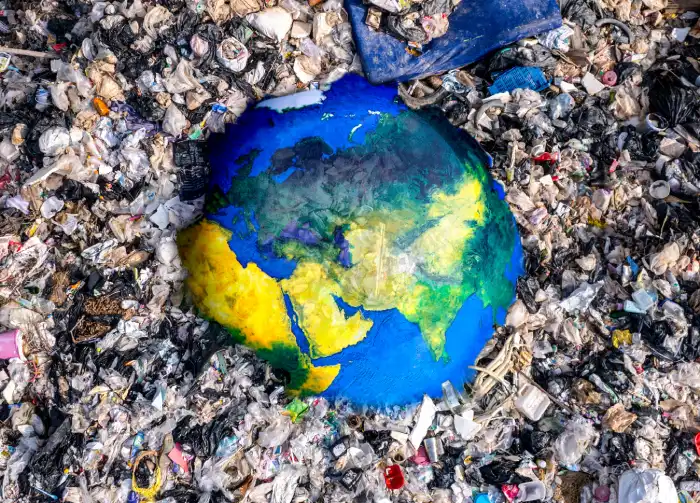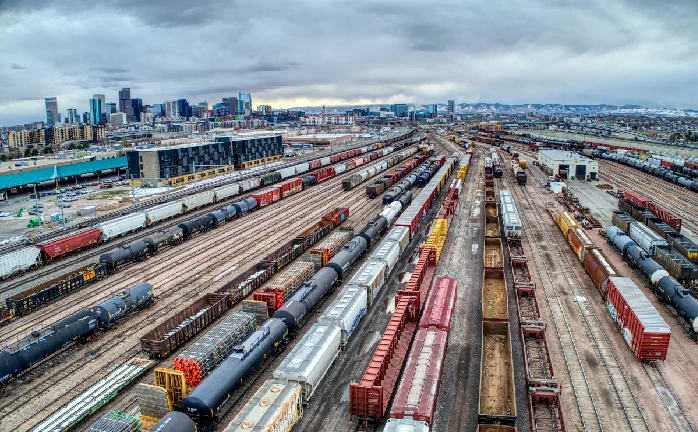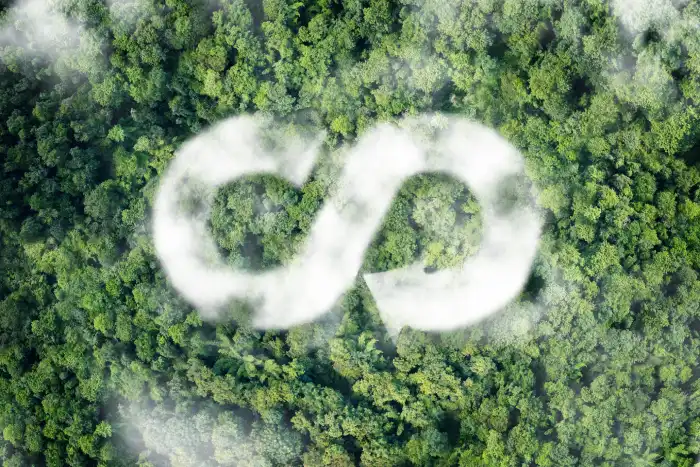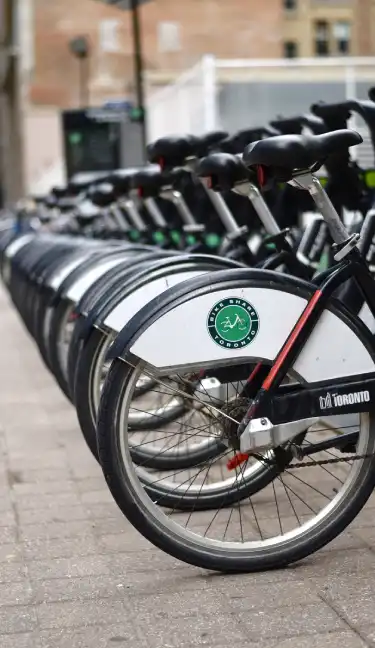
As the costs of our products increase – from food to clothing, housing to cars – waste is a luxury no one can afford.
Every sector is grappling with the unsustainable costs – economic, environmental, and social – of “business as usual”. Inefficient supply chains are more vulnerable to disruption, carrying greater environmental and social liabilities, as well as increased business risk.

Pressure is mounting. Rising populations and competition for resources mean that if we don’t revamp our industries, our current situation will go from bad to worse.
We need a new model that rethinks our production processes, supply chains, material resource use, and consumption patterns. This is one of the most critical challenges of our time.

Businesses and industries are embracing a multi-trillion dollar global opportunity to eliminate waste, improve productivity, enhance competitiveness, and maximize value. It’s called the “circular economy”.
The goal is to retain the highest value from our resources for as long as possible, by designing out waste and leveraging innovative business models focused on optimal material use, re-use, repair, refurbishment, recycling, and nature regeneration.


The design of long lasting, reusable, repairable, and easily recyclable products
Decreasing the use of virgin materials and non-renewable resources and increasing the use of renewable resources and recycled materials
Shifting from “waste management” to “resource recovery” where everything has a value and zero waste goes to landfill
Shifting from linear supply chains that produce disposable products to circular supply chains that produce ongoing services (product-as-service)
Dramatically reducing the negative environmental aspects of economic development (such as pollution) through carbon-neutrality, using non-toxic-materials and other strategies
By bringing together leaders from the private, public and not-for-profit sectors, CELC is catalyzing the development of innovative circular economy solutions, such as new processes, products, policies and partnerships.
LEARN MORE ABOUT CELCJoin our mailing list